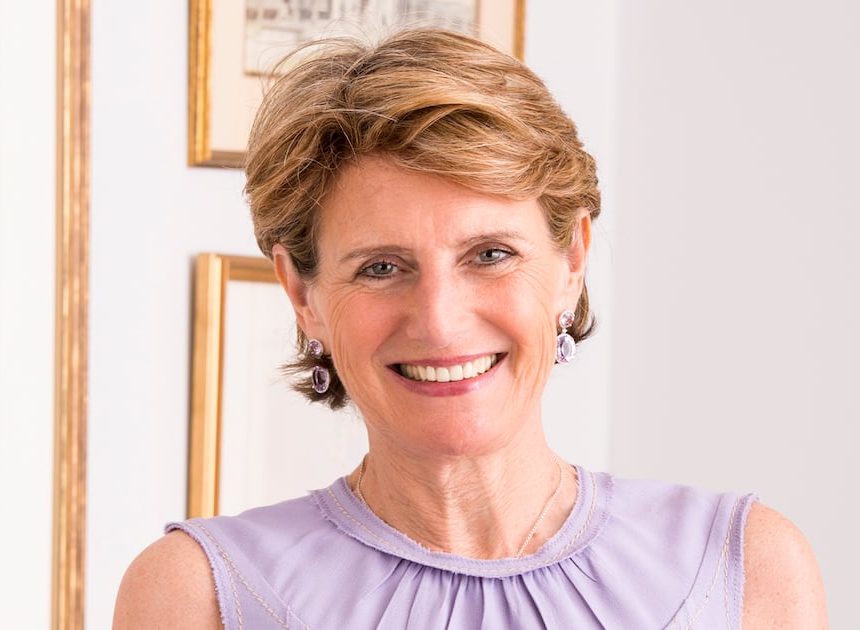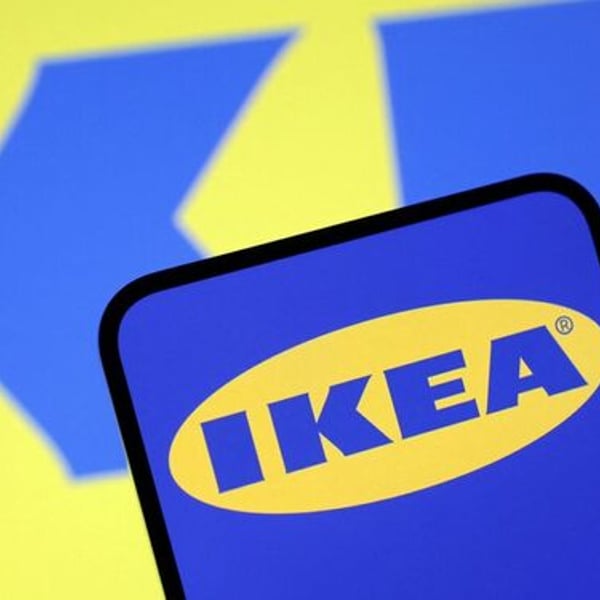As a newish mother, I am only too aware of the myriad ways we have failed our children. And then I came across a new skincare company aimed at four-year-olds. It’s early days for Rini, whose sole product is now a Korean-made hydrating facial mask. A healing ointment and daily barrier cream are allegedly in the works, too. If you were under any illusions as to the mask’s purpose, it is infused with vitamin B12 – which, according to various skincare sites, improves elasticity and skin texture – with a clear peel-on application process modelled online, Patrick Bateman-style, by a preschooler.
On the one hand, I appreciate that children put all sorts on their faces – face paint, stickers, poo, toothpaste, kitchen cleaner, a sibling’s blood, and that’s just in this last week alone – and that their faces will occasionally need to be cleaned. And while it’s entirely plausible that some parents will be moved watching their child dip their delicate toes into the world of Korean beauty, I’m marginally more concerned by the strains of strep and croup doing the rounds at my two-year-old’s childcare (I am also worried about my six-year-old’s health, but if this company is anything to go by, he’s probably beyond help).
And yet. Despite the shock I feel about beauty products being aimed at a market whose disposable income is wholly dependent on teeth loss, is anyone really surprised?
For context, these Rini kids come hot on the heels of Sephora kids, “a catch-all phrase for the intense attachment between preteen children, high-end beauty stores and the expensive, sometimes harsh, products that are sold within them” according to an investigation by my colleague Hannah Marriott. Sephora kids are marginally older but significantly more online, and yet both phenomena attest to the fact that in 2025, no age range remains untapped by capitalism.
Children do not need skincare. But for the most part, nor do we, and I say that as someone trapped in a never-ending doom loop of cleaning and creaming of my own making. But just as capitalism has taught us to conflate desire with need, more pressingly, demand for this stuff seems to be coming from the kids themselves.
Allow Instagram content?
This article includes content provided by Instagram. We ask for your permission before anything is loaded, as they may be using cookies and other technologies. To view this content, click ‘Allow and continue’.
This sounds like as much an indictment on us as it does the cosmetic industry. Becoming a parent pushes you into a difficult, rewarding but lifelong contract to see to your child’s wellbeing. So what if your child wants some moisturiser? Sometimes you have to say no to the proverbial ice-cream.
Yet however much you limit their screen time – these older kids are gawping at the same TikTok tutorials as their parents – if primary school-age children are demanding face masks, it’s worth engaging with the root cause. Because as staggered as I am that it’s legal to market a face mask to four-year-olds, it’s not the product that’s the issue. A face mask lined with honey and dew would be equally offensive – and possibly more effective. This trend’s most disturbing aspect is the drive, capitulation and promise that line the slippery and unregulated slope of an industry that puts profit above anything else.
I don’t really want to lay the blame on parents, just as I don’t think I should be moisturising in a locked room in case my youngest walks in on me mid-act. If these children are aping the language and mindset of adults – or indeed Sephora siblings, if they have them – it was ever thus. Children will always act out adult rituals as long as they’re witness to them. She didn’t buy me lipstick or smoke, but I borrowed my mother’s and sucked on candy cigarettes. My children have play kitchens and dolls, but also water pistols and play swords. Are face masks any more than a logical conclusion to a childhood of role play?
Plus, there is an argument that forearmed is forewarned. I have bought younger family members a pint on the basis that it’s better the devil you drink with, and that adulting with highly controlled variables – the Fisher-Price version – is safer than the alternative.
“I do not support young kids using inappropriate skincare, and we don’t want to be setting up kids for years of feeling self-conscious about their skin, but young girls do play dress up,” consultant dermatologist Dr Alexis Granite tells me. She has also seen tweens and teens with skin that has reacted to using inappropriate creams.
And yet playing beauty feels different, perhaps because it is. The products are aimed almost entirely at girls and, like most beauty, rooted (unconsciously or not) in attracting a mate, ergo sex, at least implicitly. As Granite says, “it’s another form of play, but with more emotional charge built into it.”
In the same way that culture demands that women tackle the ambient terror of ageing head on while also mocking the process, there is a baseline hope that predatory consumer capitalism shouldn’t be able to get you until you have the means to participate. While I live in terror of thinking what I might actually look like minus the creams, serums and God knows what else (probably much the same), the idea that this “journey” would have begun in earnest before I had a handle on phonics makes me want to cry.
Driven by impossible standards, society decrees that just as women want to look younger, teens want to look older and so, it seems, do four-year-olds. As Miranda July’s narrator in All Fours writes, “so much of what I had thought of as femininity was really just youth.” It’s just the beauty industry’s prerogative to grease those wheels.


